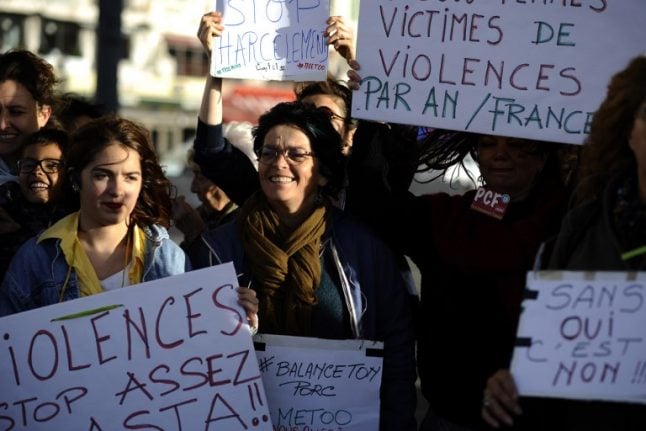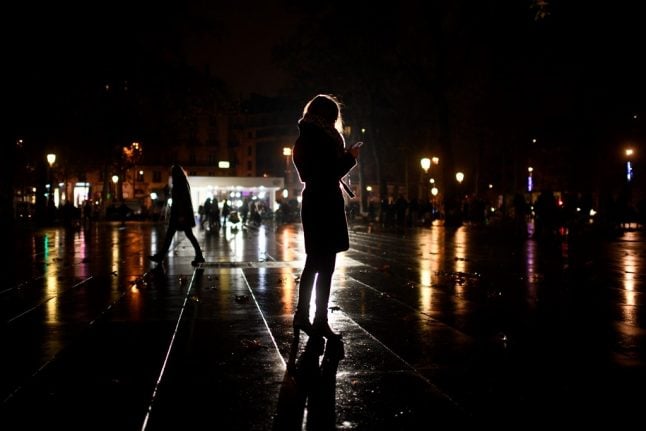The number of allegations for sexual violence, abuse and harassment have soared by around one third, police figures reveal.
The hike is believed to be linked to the much publicized Harvey Weinstein affair, which saw the Hollywood producer accused of sexual violence by a string of actresses.
Since then women in France have been encouraged to speak out about their own experiences, notably via viral Twitter hashtags #MeToo and #Balancetonporc (squeal on your pig) in which some named and shamed their attackers.

But many women in France have not just spoken out on Twitter. Some have named their alleged attackers in the media, notably two women who accused Muslim scholar Tariq Ramadan of rape.
Other women in France have also accused politicians and TV presenters of sexual assaults dating back many years.
And the figures released by police and the gendarmes military police which cover rural areas and small towns show that it's not just high profile victims who are feeling confident to come forward.
In October the number of allegations for sexual violence made to the police rose by 23 percent and the number made to gendarmes by 30 percent, compared to the same month last year.
“It's obvious that this is not a rise in crimes but allegations. Women feel free to speak out, it is undeniable,” said Maryse Jaspard, who coordinated the first National Survey on Violence against Women in France (Enveff).
The rise in reported sexual crimes has put a strain on police forces in France but the interior minister insists authorities can cope.
But despite the rise other statistics reveal that the total number of allegations made is just the tip of the iceberg when it comes to sexual violence and harassment.
According to the High Council of Equality only 10 percent of rape victims report the crime and only one percent of attackers are convicted.
The French government is preparing a new law to try to cut down on sexual harassment and violence including a plan to fine those caught harassing women in the street.




 Please whitelist us to continue reading.
Please whitelist us to continue reading.